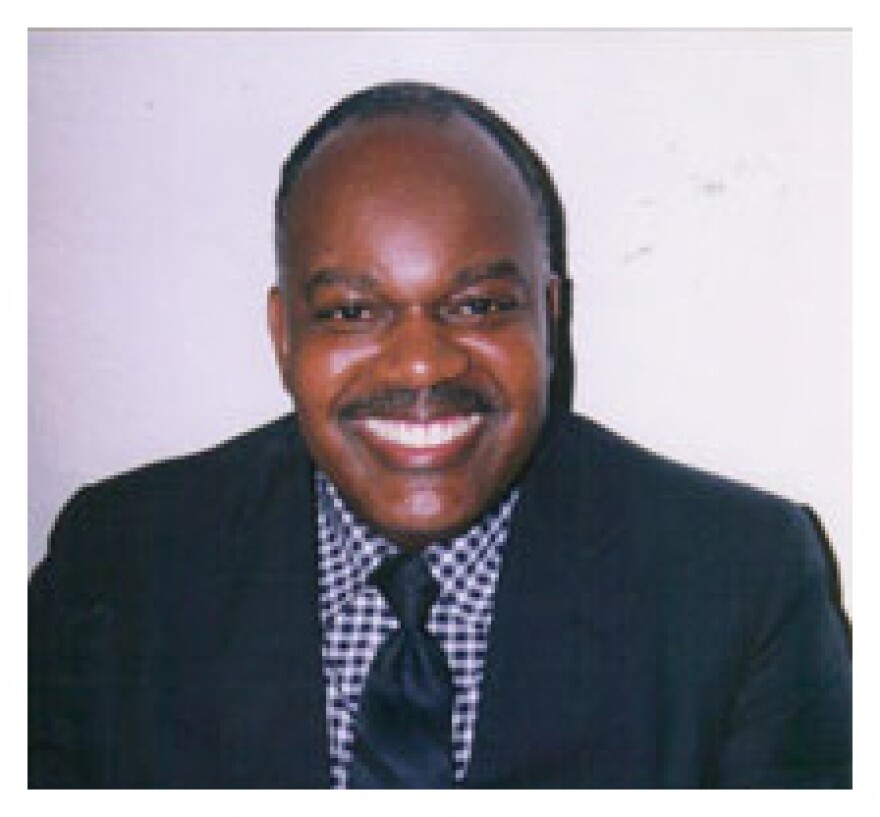115 years ago, James Weldon Johnson's lyrics and his brother John Rosamond Johnson's music resulted in the hymn "Lift Every Voice and Sing." Over the years, the song has been called a national anthem for African Americans. Clark Atlanta University's Dr. Tim Askew talks about his new book, Cultural Hegemony and African American Patriotism: An Analysis of the Song, "Lift Every Voice and Sing" at Murray State's Wrather Auditorium Thursday at 4 p.m. On Sounds Good, Kate Lochte asks Dr. Askew about how his research led him to what some see as his controversial conclusions.
Dr. Tim Askew says he was interested in doing something related to English and Music for his master's research at Yale. He was inspired by another African American student who had been pursing his Ph.D who recommended taking a look at the collection of work by James Weldon Johnson. He found himself hooked by the 800 boxes of material, which included original letters on the song "Lift Every Voice and Sing" and his personal life. Dr. Askew says he became obsessed with finding out everything he could about the song. While pursuing his doctoral degree at Emory University, he searched every newspaper in the country that had something to do with the song, along with searches through numerous archives.
The song is important to African Americans, he says, and was popularly dubbed the "black national anthem." This aspect interested him because, he says, "What I found was this whole mythology that all black people have associated Lift Every Voice and Sing as a black national anthem is just simply not true. That many African Americans have been in conflict about this whole idea of a song being a black national anthem. If you want equality and civil rights and human rights, how can you have a song with that kind of label because that's not the kind of label that brings blacks and whites and all other races together."
Dr. Askew says his research has been a 'bombshell' exposing how some African American leaders had pushed for it to be an anthem when, in reality, it's never really been that. Rather, it's a song through wich all races have come to find unity and support. He cites a time when the NAACP embraced it as a black national anthem in the 1930s only to later, in the 1960s, declare they didn't want it to be a black anthem and instead promoting the idea 'one America.'
"People think that this song has always been emblematic of just the African American struggle. But that's not true. Many people have chosen this song to represent their own struggles. And if we are one America, we need one song. We need to stand together and think of ourselves as one America and not as two separate entities."
The song is important to African Americans, he says, because it symbolizes the whole dichotomy of "Who we want to be, what should we be, what do we call ourselves? ...Are we African American, are we more American? Where are we in this?" He says his lecture and research is particularly timely with the current issues of race being brought to the forefront in the United States. On issues of blacks and whites and unity, Dr. Askew feels he has a lot to say on the subject.
Clark Atlanta University's Dr. Tim Askew talks about his new book, "Cultural Hegemony and African American Patriotism: An Analysis of the Song, 'Lift Every Voice and Sing,'" at Murray State's Wrather Auditorium Thursday at 4 p.m.




